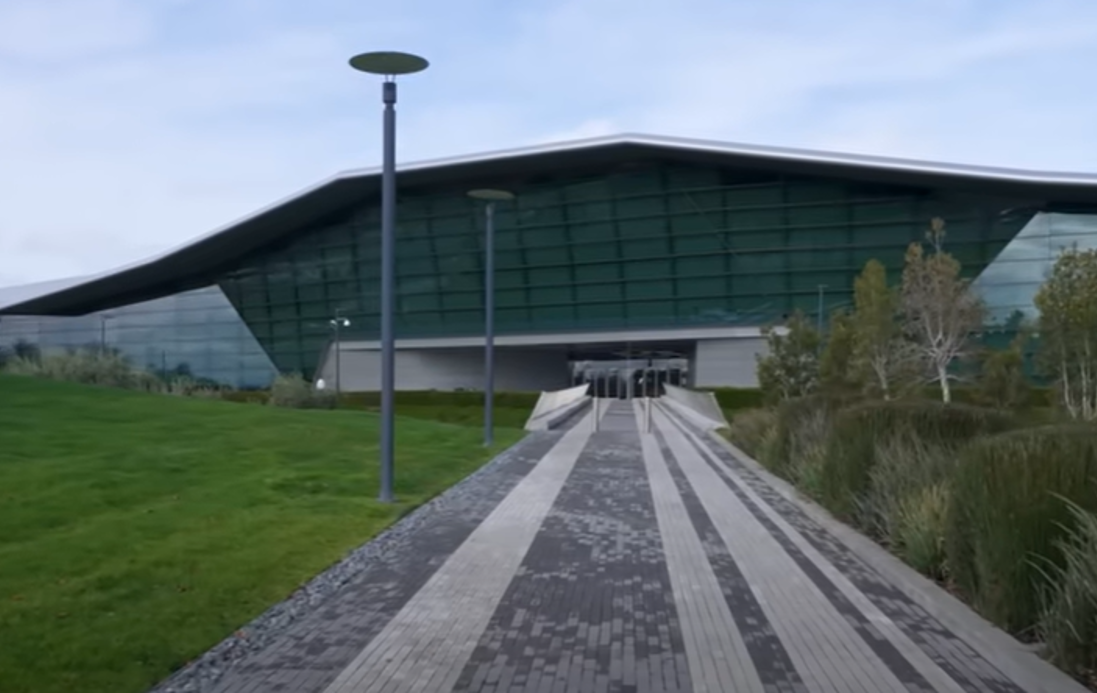#AI, #Learning, #Skills, #Technology
The rapid pace of technological change has created a need for educational systems to adapt to the future. AI offers potential for revolutionizing education, aiding in personalized learning, automating administrative tasks, and supporting teachers in their roles. It helps educators shift their focus from routine tasks to more impactful, personalized student engagement and mentoring.
AI’s potential extends beyond classroom management, offering refined tools for assessment and analytics. These technologies allow for real-time evaluations of student progress, providing teachers with valuable insights for customizing educational content to meet diverse student needs. Furthermore, AI introduces opportunities to integrate digital and AI literacy into curricula, preparing students with essential skills for future job markets.
The introduction of AI in education also faces challenges. The scarcity of teachers globally, administrative burdens, and gaps in digital skills create barriers to effective learning. AI can help alleviate these by automating repetitive tasks and enhancing the educational experience. It is crucial to ensure the responsible use of AI, with proper safeguards in place to address risks related to data privacy and misinformation.
This report highlights case studies showcasing the integration of AI into education systems across different regions, illustrating both the potential and the need for careful planning to maximize the benefits of AI in education.
Check the full document here: https://bit.ly/3YszOCO

Nvidia’s headquarters combines advanced technology and innovative design, fostering collaboration and efficiency.
Accessibility Tools